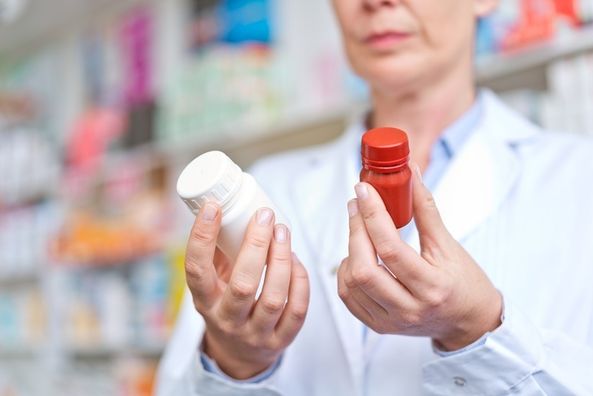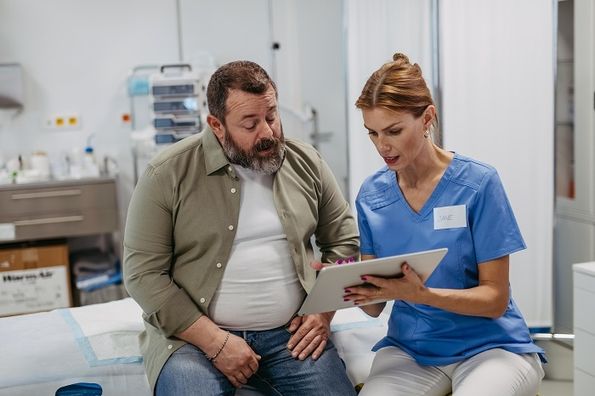Pain with intercourse is both normal and common after menopause. This is usually due to changes in the vulva and vagina, which occur with lower estrogen levels. While many menopausal symptoms, such as hot flashes and night sweats, often diminish with time, this symptom often worsens unless treated.
The hormonal changes of menopause lead to a condition called vaginal atrophy or thinning of the tissues of the vaginal walls. Vaginal lubrication is also decreased. These changes can result in painful intercourse, and an increased chance of trauma from sexual activity, which can result in tears in the tissue and spotting or bleeding. This can progress to narrowing of the vaginal opening, making intercourse very painful or impossible.
Some women also experience more frequent vaginal infections after menopause. Urinary tract infections may also become more common.
The most effective treatment for menopausal changes in the vulva and vagina is local vaginal estrogen. This is a much lower dose of estrogen than estrogen pills or patches that are used for estrogen replacement. Vaginal estrogen does not result in significant increases in blood levels of estrogen. Therefore, it does not carry the risks that systemic estrogen may pose. It is very safe for most women, even those for whom estrogen pills or patches are contraindicated. There are also very few, if any side effects in most women.
Vaginal estrogen can be supplied as a cream, vaginal tablet, or a ring worn in the vagina. There is also an oral tablet that can be used for vaginal atrophy.
These medications require a prescription. It is best to meet with your physician/health care provider to discuss what option is best for you. As with any new medication, your personal health history should be reviewed. Vaginal estrogen is contraindicated in a very small group of women.
In addition to prescription medications for vaginal dryness and painful intercourse, vaginal lubricants and moisturizers are helpful. Several over-the-counter lubricants can be purchased for use during intercourse. These will have the immediate effect of decreasing friction on the thinned tissues and making sex less painful. Vaginal moisturizers can be used several times weekly, not just at the time of sexual activity. These will provide some relief from dryness and the symptoms of atrophy.
Painful intercourse after menopause is not abnormal or unusual, but there are very safe ways to improve it. Many women do not consider these treatments because of unfound fears. Your health care provider can help you choose a treatment that is safe and appropriate for you. Call to schedule an appointment and discuss your concerns with your physician.
Health Topics:







